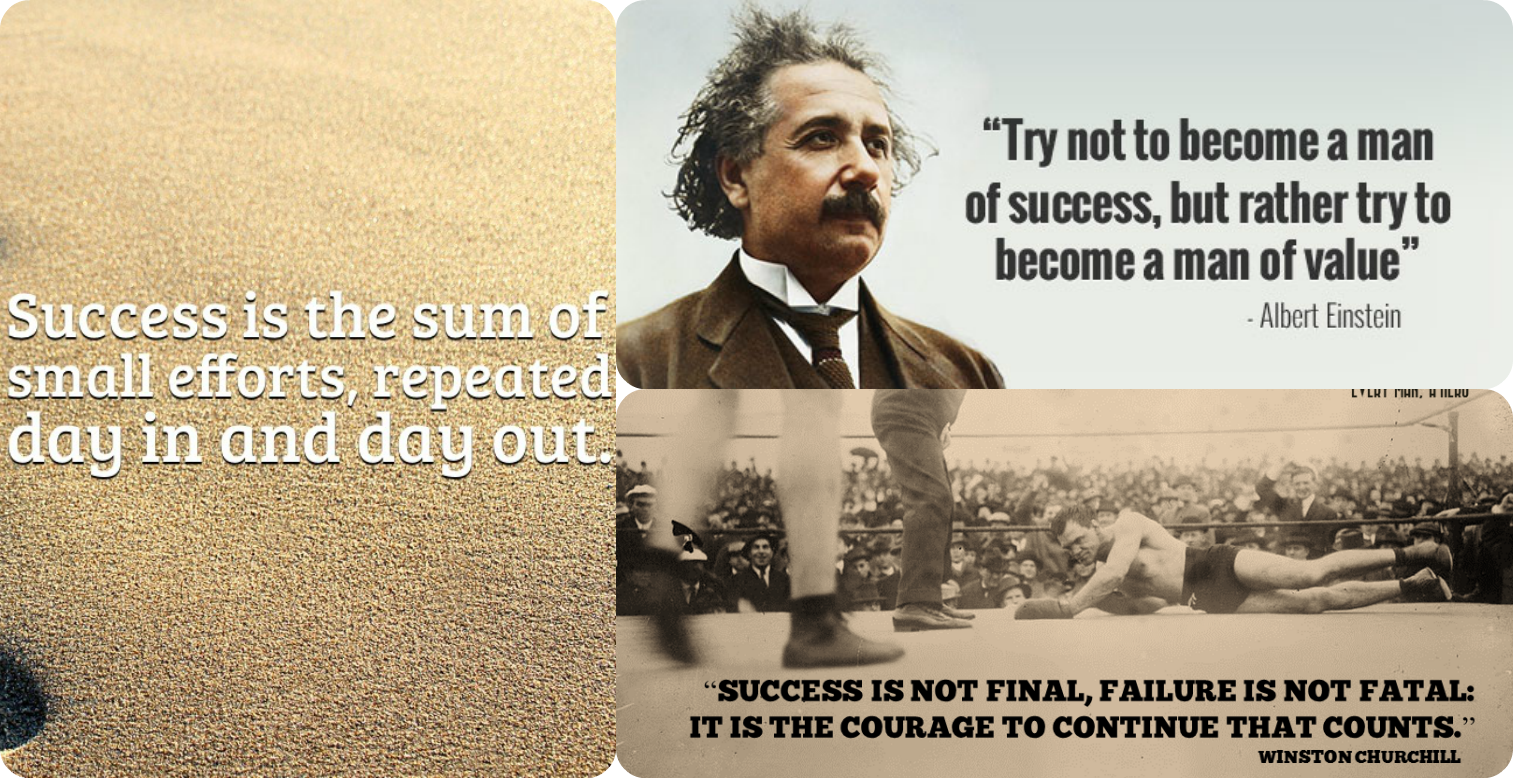Sometimes, it’s the most obvious thing that we miss. In pursuing success, we often forget to prioritize the most fundamental aspect—ourselves. Dr. Jude Emokpare, a physician and wellness advocate, believes that our mental well-being, physical well-being and productivity are three critical components we tend to deprioritize subconsciously. By doing so, he says we’re slowing progress toward our own goals. Dr. Emokpare shares actionable advice on how to prioritize yourself.
How to prioritize yourself
1. Focus on your mental well-being
Mental well-being is our most critical component, because it can lead directly to burnout when managed poorly, Emokpare says.
“There’s heightened anxiety. You have a decreased resilience when you’re faced with challenges,” he adds. “It leads to stress, which accumulates and impairs your cognitive function and decision-making abilities. You don’t need to be a doctor, but everyone knows chronic stress has been linked to various mental health issues, including depression and anxiety—and ultimately, these things will impede your ability to achieve your goals. So, prioritizing your mental health is the foundation, number one for success.”
It’s hardly a surprise that the state of your mental health can trickle into every area of your life; and poor mental health has the capacity to damage relationships and the pursuit of greater goals.
2. Stay active
Emokpare likens our bodies to physical vehicles propelling us toward success. Neglecting your body’s maintenance can lead to breakdowns.
“I call this your catalyst for productivity,” Emokpare says. “And thinking of it this way, you’re on this journey to success, and the vehicle for you to get to your destination is your body.”
When your sleep quality is poor, your diet is poor. When you limit time for yourself because you’re prioritizing others, it ultimately results in poor work, Emokpare says.
“When you’re focused on other people’s well-being and put your own personal health aside, you begin to adopt unhealthy habits,” Emokpare says.
3. Aim for sustainable productivity
Emokpare notes that people tend to focus on the quantity of work rather than the quality. We ignore breaks because it feels like a productivity boost to squeeze in a few extra hours of work per day.
However, Emokpare says it’s essential to see things through the lens of longevity by creating an efficient work environment for sustainable productivity. By understanding ourselves, we can better guard our personal thresholds from outside distractions.
“Some people are morning people; some people are evening people,” he says, citing an example of someone who works best in blocks of uninterrupted time.
For example, if you know you need four consecutive, concentrated hours to have a productive work session, by prioritizing that time, you’re able to be more efficient. On the contrary, when we deprioritize our productivity, we allow other things to dictate how we schedule our day.
3 steps toward self-prioritization
1. Get clear about your goals
Prioritizing yourself and declining the requests of others requires a strong understanding of your dreams and goals. If we aren’t clear with ourselves about why our goals are important to us, it becomes more challenging to say no to the requests and demands that derail us.
To find clarity on your goals and dreams, Emokpare suggests breaking them down into one-, three- and five-year goals and working backward.
“What am I hoping to achieve?” Emokpare asks. “If a year from now I’m hoping to have lost 20 pounds, I start with the picture of myself 20 pounds lighter a year from now and work my way backward. What do I need to do to get to that person I see 12 months from now?”
2. Accomplish three achievable tasks per day
Once goals are set, Emokpare likes to start each day by listing out three tasks to accomplish.
“Start with only three very simple things that you know, even on your worst day, you can easily achieve,” he explains. “It may be something as simple as drinking four bottles of water a day or walking 10 minutes. You don’t have to walk 30 minutes; start with 10 minutes.”
Breaking things down into something small and digestible creates long-term healthy habits, because it allows you to build momentum, Emokpare says, explaining that it becomes an action of discipline you can feel successful about little by little.
3. Utilize delayed response
Along the way, you’ll need to evaluate whether something aligns with your priorities. Emokpare suggests using delayed response as a tool for thoughtful decision-making.
Before committing to someone else, take time to check your schedule, evaluate the alignment of responsibilities with your priorities and avoid immediate answers. This can prevent overcommitting and help you maintain focus on your personal goals.
“I never answer right on the spot, because there is that desire to want to help,” Emokpare says. However, that desire to help doesn’t always translate into a positive outcome.
“At some point, you’re going to overwhelm yourself, where you take on too much, and then you’re going to disappoint people, including yourself. So, I always just start off saying, ‘I’ll be glad to help, but let me check my schedule first and get back to you.’ This gives me time to think it through as to what I am getting myself into. And then I go back to my day. What are those three things I said I need to achieve today? Is this person’s request going to interfere with it? If the answer is ‘yes,’ I take my time to focus on my priorities.”
Although it can feel intimidating to choose self-prioritization over prioritizing others, it helps your personal goals and relationships in the long run. By clarifying your goals and prioritizing yourself, you’re able to be more productive and show up more authentically for those you care about.
This article was written by Iona Brannon who is a freelance journalist based in the U.S. You can read more of her work at ionabrannon.com.
